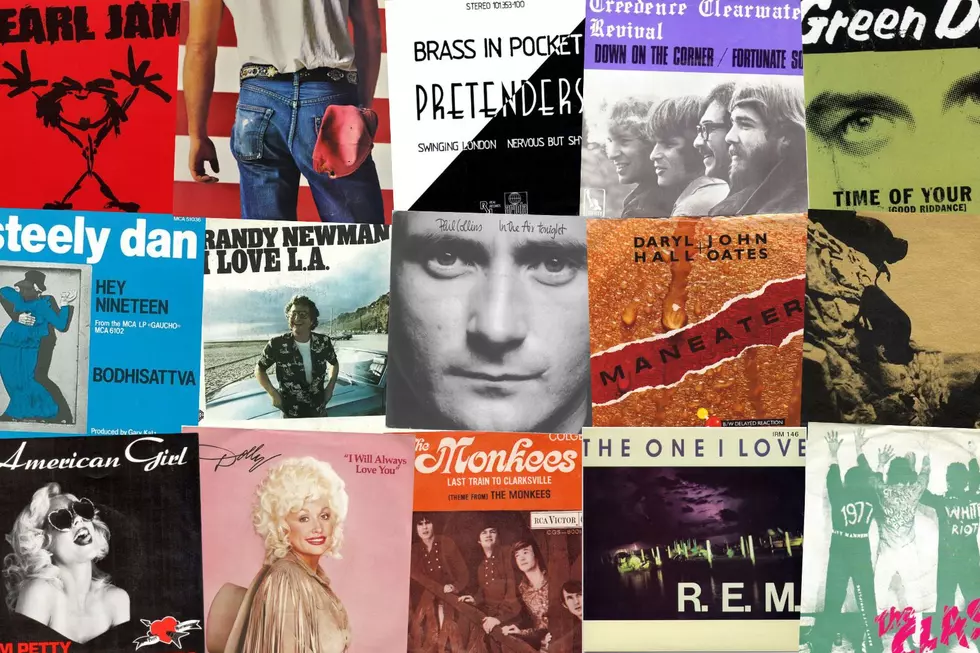
Bob Dylan Seems to Have Lifted From SparkNotes for His Nobel Lecture
In accepting his Nobel Prize for Literature, Bob Dylan delivered a lecture that drew on appropriately literary themes — but it looks like he may have leaned a little too hard on SparkNotes while praising at least one of the books he cited as a formative influence during his speech.
At issue are Dylan's marks regarding Herman Melville's classic novel Moby-Dick, which — as originally noted by writer Ben Greenman — he incorrectly attributed with the quote "Some men who receive injuries are led to God, others are led to bitterness." A 76-year-old man flubbing a line from one of his favorite old books isn't really a big deal, but Slate's Andrea Pitzer had her curiosity piqued by the error, and decided to do a little digging.
Pitzer's research turned up a number of strong parallels in Dylan's lecture — not between his own words and Melville's, but instead, the SparkNotes summary of the book. In fact, there's a fairly long list of phrases that seem to have been lifted directly from SparkNotes for Dylan's speech, a number of which don't appear in Melville's text. Perhaps unsurprisingly, neither Dylan's management nor his label reps were available for comment.
All in all, Dylan's SparkNotes kerfuffle adds an embarrassing and/or mildly amusing footnote to the long, strange saga that led to him actually accepting his Nobel, but as longtime fans are probably aware, it's hardly the first time he's been accused of using others' work without attribution. In 2010, Joni Mitchell made headlines when she dismissed Dylan as "not authentic at all" and called him "a plagiarist"; the following year, he was accused of stealing from photographers for his paintings.
None of those allegations seem to have ruffled Dylan much. Asked to respond to those who'd accused him of stealing from Junichi Saga’s Confessions of a Yakuza and the work of Civil War poet Henry Timrod, he shrugged in a 2012 interview, "As far as Henry Timrod is concerned, have you even heard of him? Who’s been reading him lately? And who’s pushed him to the forefront? Who’s been making you read him? And ask his descendants what they think of the hoopla. If you think it’s so easy to quote him and it can help your work, do it yourself and see how far you can get. Wussies and pussies complain about that stuff. It’s an old thing – it’s part of the tradition. It goes way back."
Bob Dylan Albums Ranked Worst to Best
More From WPDH-WPDA










